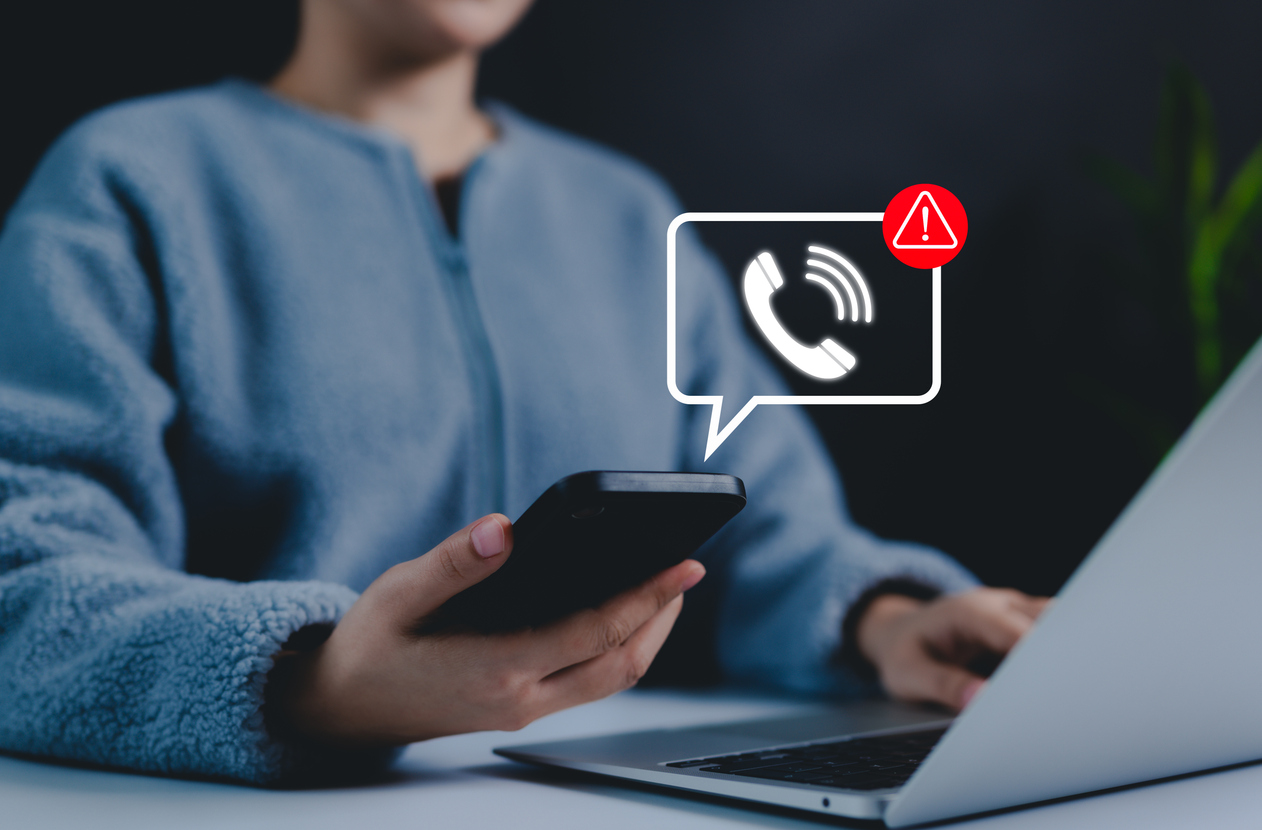Recently, the U.S. Department of Housing and Urban Development (HUD) announced that they would provide new and additional resources and protections for survivors of domestic violence, dating violence, sexual assault, and stalking under the Violence Against Women Act (VAWA). Under the new act, HUD also provides $5 million in funding for VAWA training.
What is VAWA?
VAWA stands for Violence Against Women’s Act, and that name can be confusing because when you hear violence, you think it has to be something aggressive. However, VAWA does not require you to be physically abused to be able to apply for VAWA. There are different types of abuse. It can be emotional, psychological, verbal, or financial. Also, VAWA is not just for women. Men, children, parents, and the LGBTQ+ community can file a VAWA self-petition if they meet the requirements.
How do you qualify for VAWA?
If you can answer yes to the following, you can file for VAWA.
- You were a victim of abuse from your spouse or former spouses (must be divorced and file in less than two years) of a U.S. citizen or lawful permanent resident.
- You are a child or step-child (21 years old or less) who has been abused.
- You can prove that your marriage was a “bona fide marriage” or marriage of good faith.
- You are a parent of a U.S. Citizen (above the age of 21) and a victim of abuse.
- You lived or did live with your spouse.
- You can prove that you were a person of good moral character.
Like all legal undertakings, filing a VAWA petition is a complex process that requires the legal expertise of an attorney.
As an immigration law firm with a long history of helping immigrant victims with their VAWA cases, Odunlami Law Firm can provide the legal representation you need to see this process through and fix your status.
How Can VAWA Help Me As An Immigrant?
Many immigrant victims of domestic violence are hesitant to seek help because of their immigration status. Because of the way our immigration system works, they have to rely on their abusive sponsor to get their green card. When caught between a rock and a hard place, many choose not to act before they can fix their status. But it doesn’t have to be like that.
VAWA allows immigrant victims of domestic violence to file an immigration petition for themselves without relying on their abusive spouse or relative. The VAWA self-petition process was specifically created to guarantee that victims will not face backlash from their abuser and that they can leave the abusive situation behind without compromising their status. What’s more, VAWA even provides a pathway to permanent residence.
Remember, VAWA is a lifeline. It doesn’t matter how you came into the country, and it doesn’t matter if you came in with a Visa or if your Visa has expired. VAWA is your self-petition.
The Role of HUD in Providing Safe and Secure Housing for Victims of Abuse
Under the act and according to HUD’s new VAWA website, applicants and tenants of specific HUD rental assistance programs will not be denied housing, evicted, or have their housing assistance terminated because they have experienced domestic violence or dating violence, sexual assault, or stalking.
Additionally, survivors must be able to access specific remedies, such as requesting an emergency transfer or seeking law enforcement for safety reasons related to the violence.
Specifically under VAWA, someone who has experienced domestic violence;
- They cannot be denied admission to or assistance.
- They cannot be evicted, and cannot be coerced, intimated, threatened, or retaliated against
- They must have the option to stay in their HUD-subsidized housing, even if criminal activity is directly related to the VAWA violence/abuse.
- Be allowed to move with continued assistance if the survivor has a Section 8 Housing Choice Voucher.
- Must be able to provide proof to the housing provider by self-certifying
- Must receive HUD’s Notice of VAWA Housing Rights
- Under VAWA, has a right to the confidentiality of information regarding their status as a survivor.
- Can request a lease bifurcation from the owner or landlord to remove the perpetrator from the lease or unit. If the housing provider bifurcates, it must be done consistent with applicable federal, state, or local laws and the requirements of the HUD housing program.
If a housing provider or survivor needs further clarification on VAWA’s protections, they can visit the newly launched website, which is vital for HUD’s VAWA resources.
The new website features the following;
- FAQs on VAWA housing protections
- VAWA forms
- Program Office-Specific Resources
- Help for survivors
Secretary Marcia L. Fudge stated, “No one should choose between maintaining housed and staying safe. The Violence Against Women Act clarifies that survivors of domestic violence, dating violence, sexual assault, and stalking cannot be denied housing and are eligible for an emergency transfer should the need arise. We are making these protections clear on HUD’s website, so landlords know our requirements and survivors know their rights.“
Our immigration law firm works with clients in helping them with correctly filing for VAWA and seeking guidance along the way. In addition, we work with clients in all 50 states needing VAWA self-petition assistance. It can be challenging to navigate this journey alone, so it is terrific that HUD provides these additional resources and protections under this act.
If you have any additional questions about VAWA or are looking for immigration services, don’t hesitate to contact the Odunlami Law Firm at 973-993-1900 or email us at support@odunlamilaw.com.
We can help you will your immigration needs.
Areas of Immigration Law:
Adjustment of Status and Consular Processing
Criminal Consequences and Deportation Defense
Temporary Work Visas
Temporary Protected Status
Deferred Action for Childhood Arrivals
Subscribe to Our Email Newsletter
Sign up for Odunlami Law’s newsletter for helpful insights and guidance on your immigration journey. Subscribe today to stay informed.



